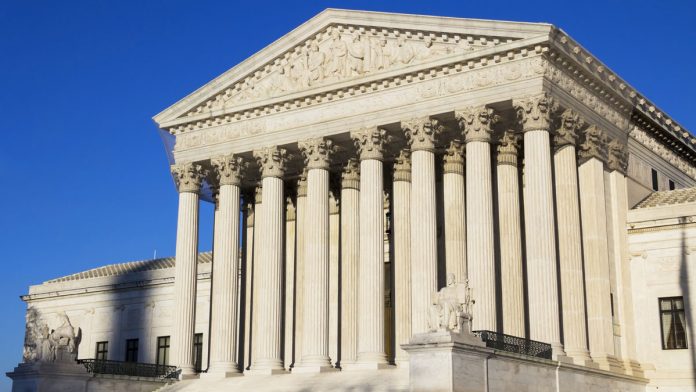COA: Transgender Individuals Don’t Have To Publish Intent To Change Gender Marker
Olivia Covington for www.theindianalawyer.com
Transgender individuals in Indiana seeking to change their gender markers on their birth certificates are not required under Indiana law to publish notice of their intent to change, as there is currently no statutory authority requiring such notice, the Indiana Court of Appeals ruled Thursday.
That decision stems from an appeal filed by A.L. and L.S., transgender men who are working with counselors and medical professionals as they transition from female to male. A.L. has been living as a man for two years and has had related medical procedures, while L.S. has been living as a man for most of his life, but full time for the last four years.
In May 2016, A.L. filed a petition for a name change, published his intent to change his name in a newspaper, and was then granted the ability to change his name. He also requested to change the gender marker on his birth certificate, but the Tippecanoe Circuit Court told him to also publish that intent in a newspaper.
A.L. filed a motion to correct error, arguing the requirement for him to publish notice of his intent to change his gender marker was contrary to Indiana law. The trial court, however, denied his petition unless he would provide proof of publication.
Specifically, the trial court found that not requiring a notice for a legal gender marker change could increase the number of individuals seeking multiple gender changes in order to avoid creditors or “other aggrieved parties.†Thus, the protocol for obtaining a gender marker change should follow that of obtaining a name change, the court held.
Similarly, L.S. filed a petition for change of name and gender in September 2016 and requested a waiver of publication and a sealed record, as well as an exclusion of confidential information pursuant to Indiana Administrative Rule 9(G)(5). The trial court denied the motion to proceed under Administrative Rule 9 and instead ordered L.S. to publish his intent to change name and gender marker in a newspaper, repeating much of the same logic used in A.L.’s case.
In regard to L.S.’s Administrative Rule 9 argument, the court found he had not presented evidence to show that he would be subject to a greater risk or violence or harassment if the case proceeded publicly. However, the court noted that both L.S. and A.L.’s petitions were made in good faith and not for fraudulent or unlawful purposes, which was the standard laid out in the case of In re Petition for Change of Birth Certificate, 22 N.E.3d 707 (Ind. Ct. App. 2014).
The trial court did not rule on L.S.’s petition, so he filed for interlocutory appeal. A.L. also appealed, and both cases were consolidated into In re the Name Change of A.L. and In re the Name Change of L.S., 79A02-1703-MI-473.
In a Thursday opinion, Indiana Court of Appeals Judge John Baker first noted there is no statutory requirement for publication of an intent to change a gender marker, so it was erroneous for the trial court to impose the same standards for a name change on a gender marker change petition.
“Unless and until the General Assembly crafts specific requirements regarding gender marker changes, this Court’s common sense standard in Birth Certificate is the bar that must be met,†Baker wrote. “Thus, a gender marker change petitioner needs to establish that the petition is made in good faith and not for a fraudulent or unlawful purpose.â€
Because both A.L. and L.S. met that standard, the trial court should have granted their petitions for gender marker change, Baker said. The case was reversed on that issue and remanded with instructions to grant both petitions and directing the Indiana State Department of Health to amend both birth certificates to reflect the male gender.
Further, the appellate court also found L.S. established that publication of his intent to change his name would create a significant risk of substantial harm, as he presented sufficient evidence concerning violence against transgender people in the country, state and his local community. Thus, under the exceptions to the publication requirement in Administrative Rule 9(G), the appellate court remanded the case with instructions to ensure the record in L.S.’s case remains sealed and for consideration of his name change petition.








